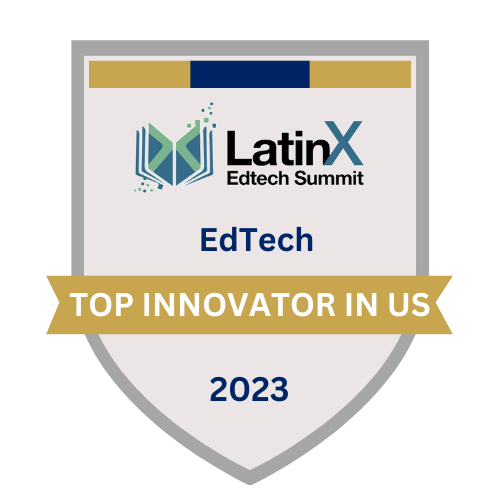Professional Development for Educators
COGX DEVELOPS LIFELONG LEARNERS
By Optimizing Teaching & Learning with the Science of Learning
Targeting Information Processing Skills
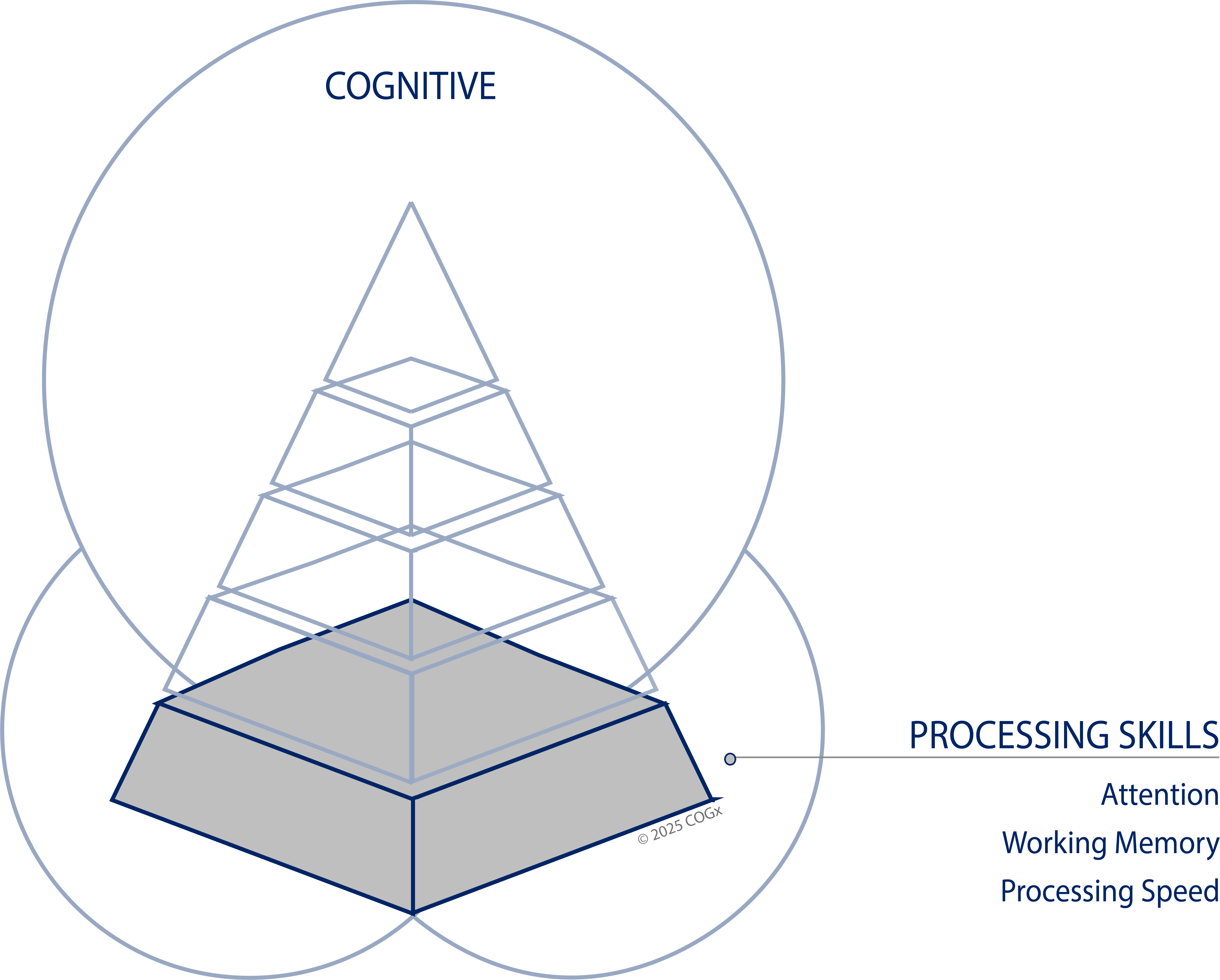
Processing effectively refers to students who can focus (sustain their attention) while manipulating the information they are receiving (working memory) and effectively process the information (processing speed).
How We Optimize Teaching

Educators learn to capture and sustain students’ attention and engagement.
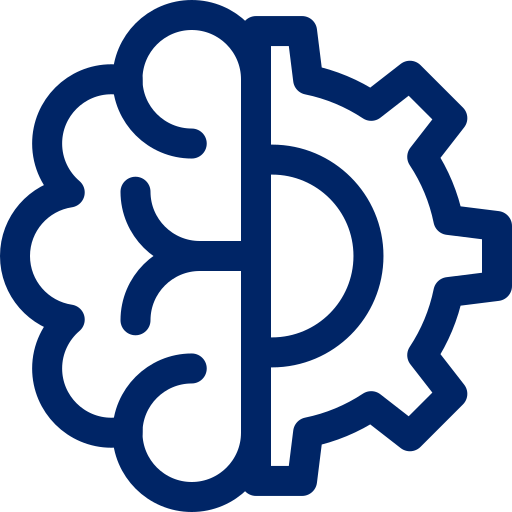
Educators discover how to discern and tailor their teaching to accommodate varying processing speeds in the classroom.
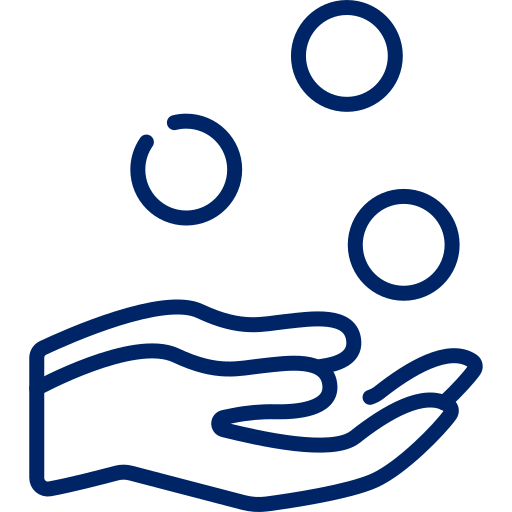
Educators are trained to adapt to diverse processing speeds with teaching methods that promote both efficiency and emotional well-being.
How We Optimize Learning

Students improve focus and retention by recognizing and managing the effects of slow or fast processing speeds.

Students engage more deeply with content through effective multimedia learning techniques that maximize comprehension.

Students develop strategies to enhance working memory, allowing for better understanding and recall of new information.
Targeting Managing Skills
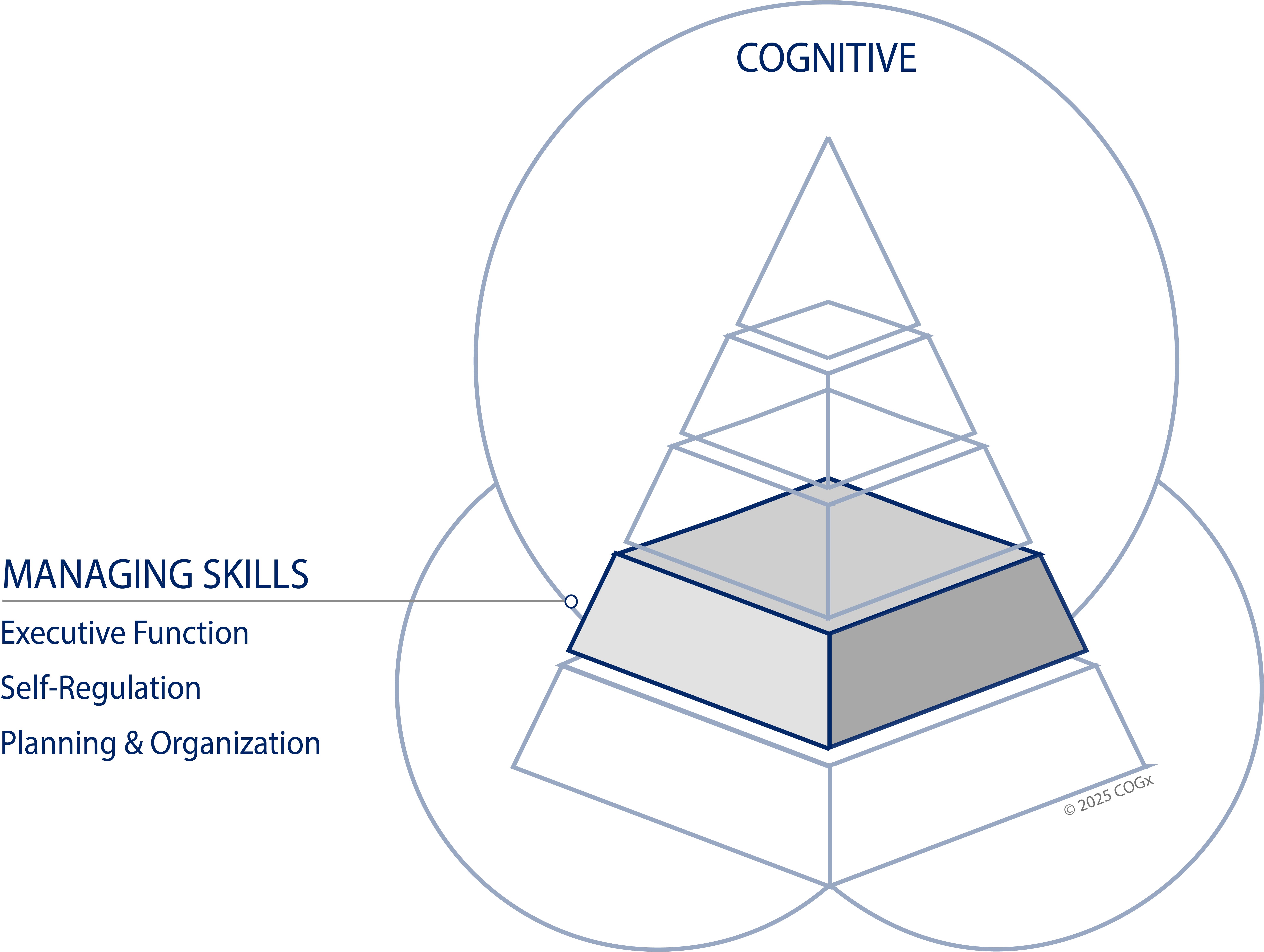
Processing effectively refers to students who can focus (sustain their attention) while manipulating the information they are receiving (working memory) and effectively process the information (processing speed).
How We Optimize Teaching

Educators learn to capture and sustain students’ attention and engagement.

Educators discover how to discern and tailor their teaching to accommodate varying processing speeds in the classroom.

Educators are trained to adapt to diverse processing speeds with teaching methods that promote both efficiency and emotional well-being.
How We Optimize Learning

Students improve focus and retention by recognizing and managing the effects of slow or fast processing speeds.

Students engage more deeply with content through effective multimedia learning techniques that maximize comprehension.

Students develop strategies to enhance working memory, allowing for better understanding and recall of new information.
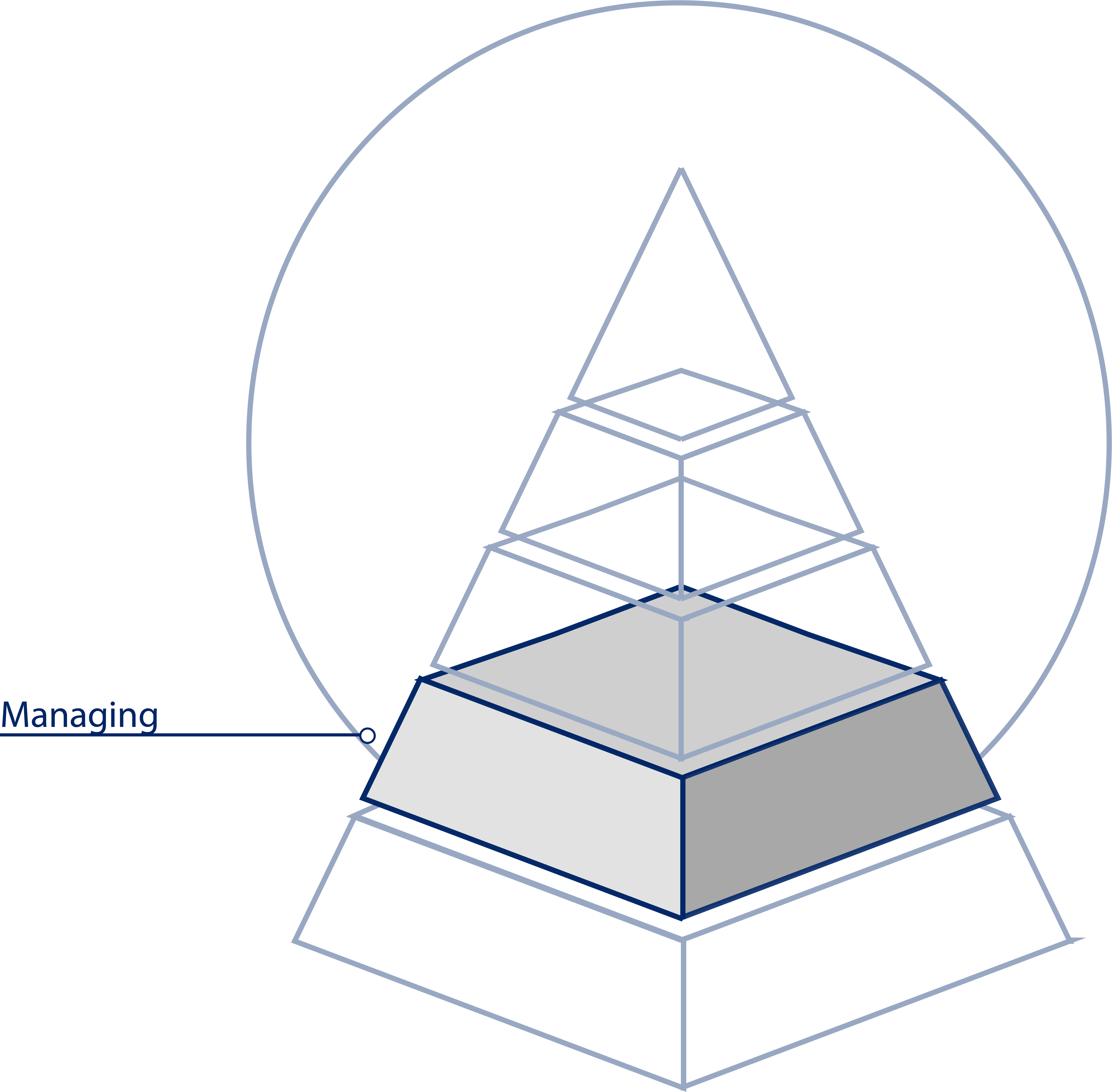
Managing
Managing information effectively includes the ability to self-monitor, self-regulate, manage time, initiate tasks in a timely fashion, and other behaviors shared by successful learners. We use managing information interchangeably with developing Executive Function skills which are essential to academic performance and successful independent learning. Because Executive Function is reliant on Processing, we find that most students who manifest Executive Dysfunction struggle with Processing. Therefore, the cases highlighted for Executive Function (Managing) usually include Processing.
Educators are trained to Support Managing Skills
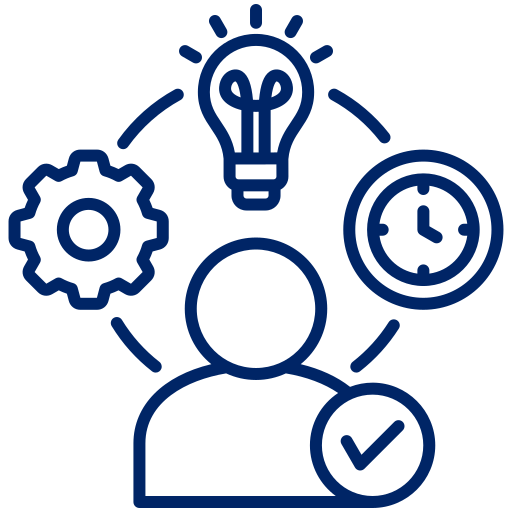
Support Executive Function
Educators explore effective strategies to support students' development of executive function, while addressing executive dysfunction.
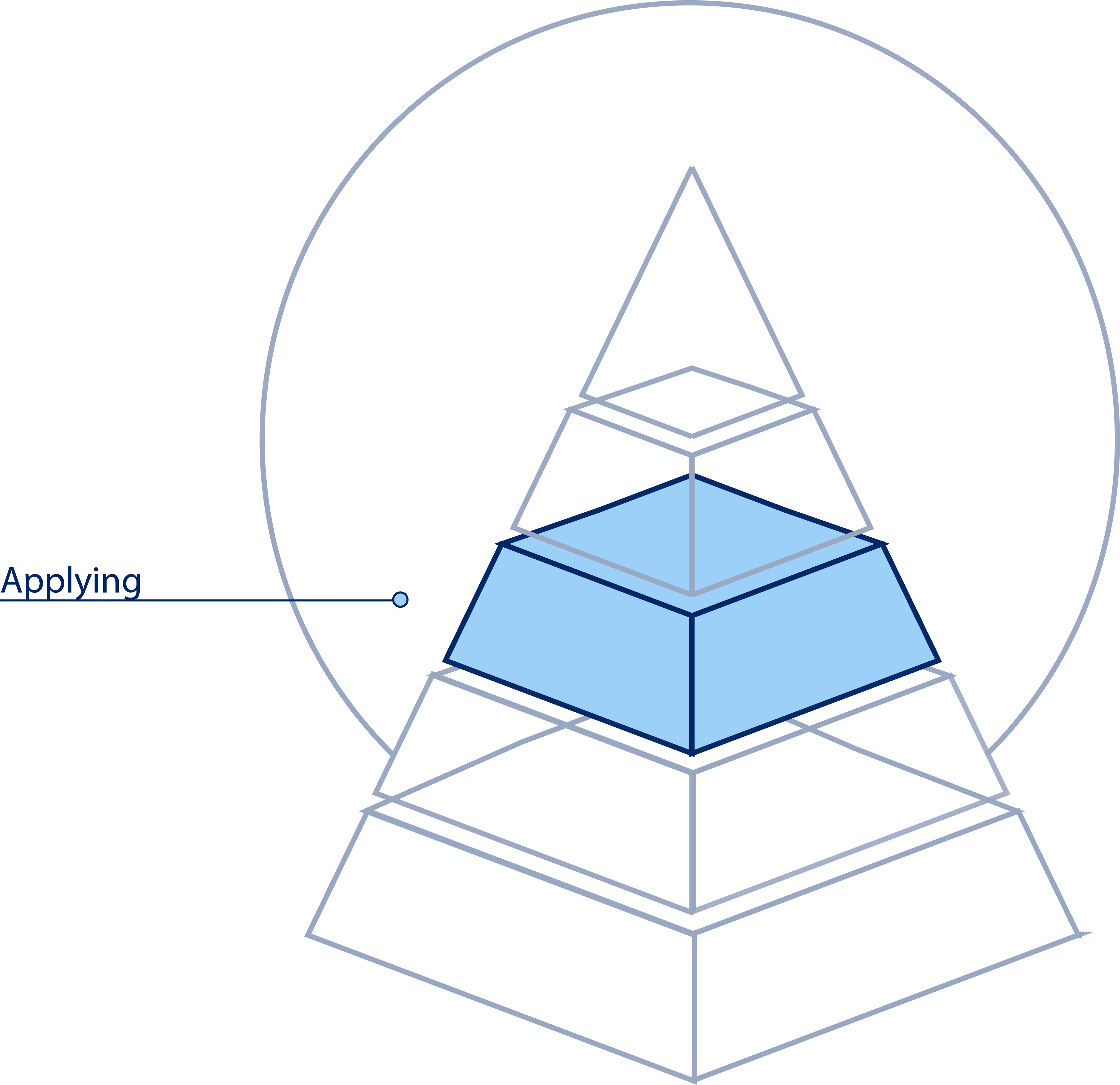
Acquiring
Acquiring & Applying refers to one’s ability to store and retrieve information effectively. Memory is critical to learning as it serves as the foundation for knowledge. Memory is strengthened by mastering the techniques we rely on to encode information and the strategies that are most effective to retrieve information. Sophisticated learners know and apply these.
Educators are trained to Teach for Mastery

Memory Encoding Techniques
Educator learn how to foster your student’s ability to acquire knowledge using proven techniques that facilitate the encoding of new information.
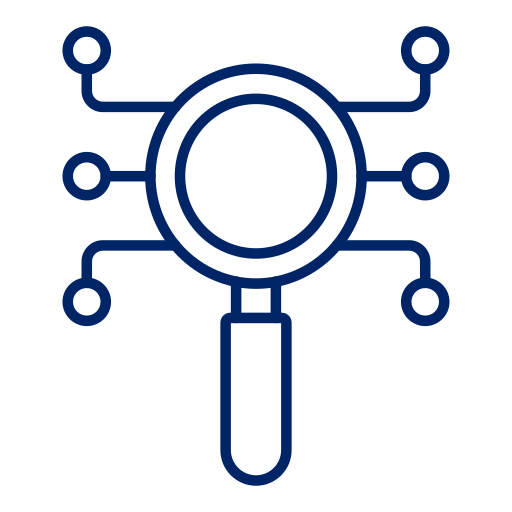
Memory Retrieval Strategies
Educator learn how to foster student’s ability to acquire knowledge using proven techniques that facilitate the encoding of new information.
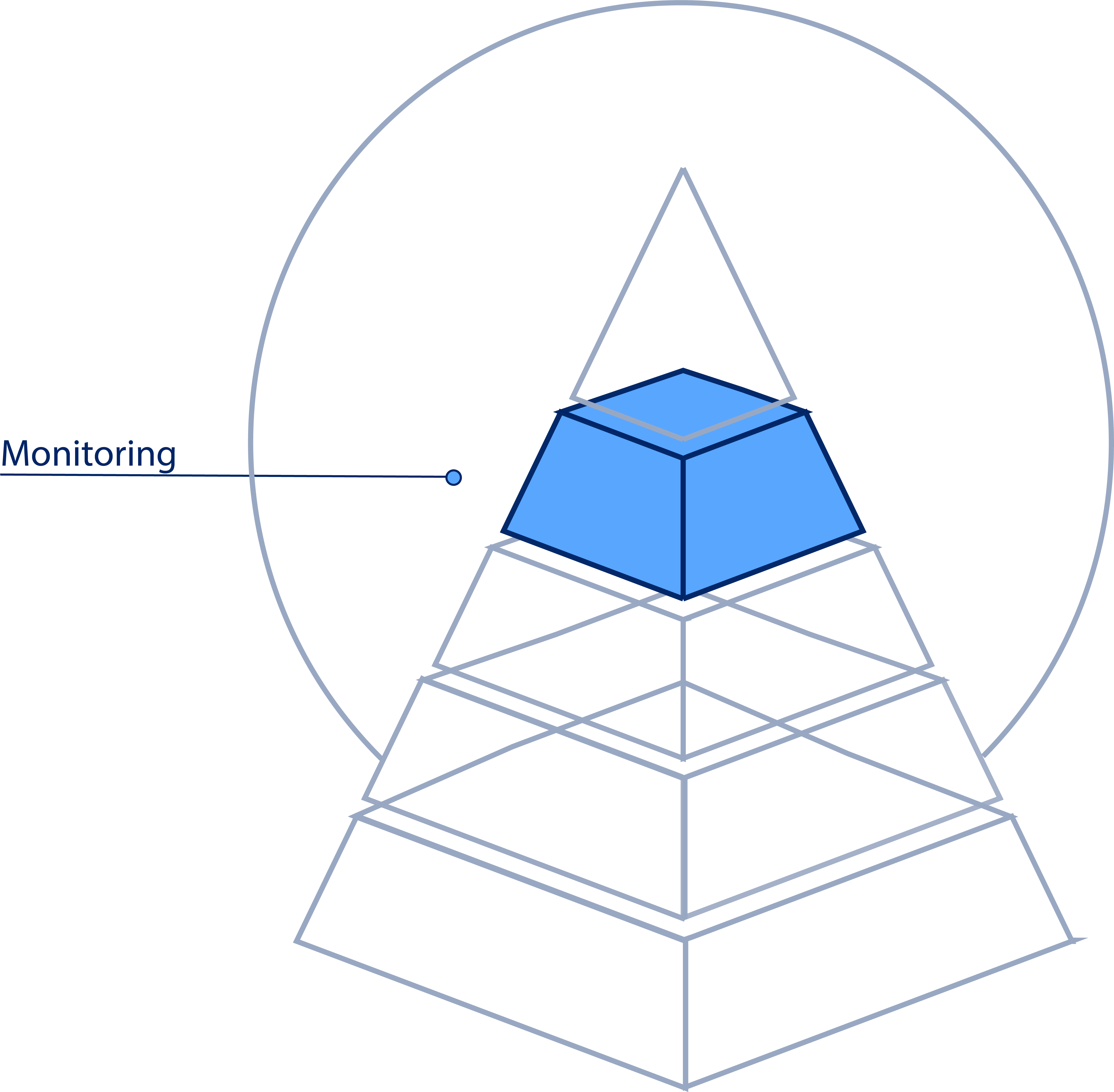
Monitoring
Monitoring refers to knowledge of how learning occurs, awareness of one’s learning ability, and the ability to regulate learning behaviors to achieve a desired goal. This is also known as Metacognition. It involves a learner’s ability to plan, monitor and assess their learning. Metacognition plays a significant role in a student’s academic achievement across disciplines and has been identified as a key differentiator between sophisticated, successful learners and those who struggle, especially at learning independently. Weak Metacognition can “mask” the performance of underlying skills.
Educators are trained to Foster Metacognition
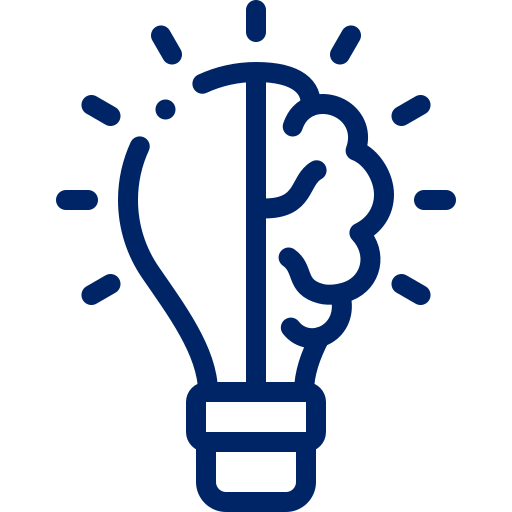
Foster Metacognition
Educators explore practical strategies to foster metacognitive awareness and build a foundation for students to learn independently, effectively, and efficiently.


